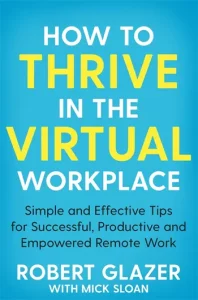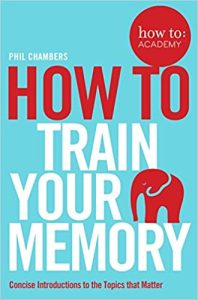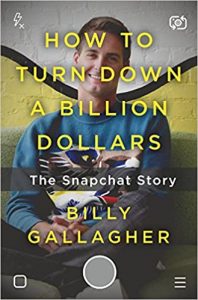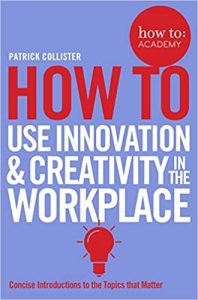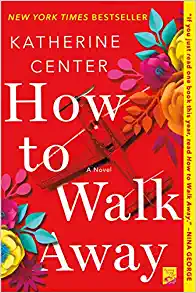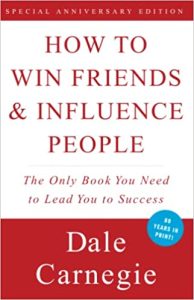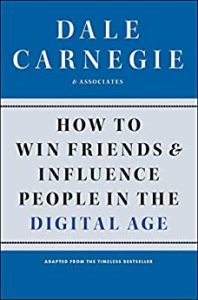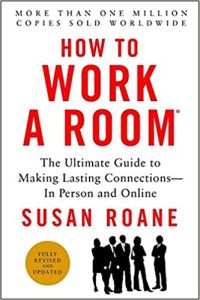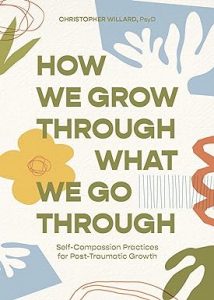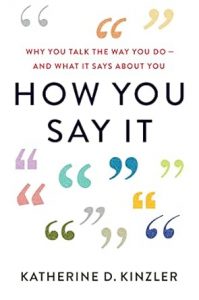How To Solve Your Own Murder
₦20,000.00For fans of Knives Out and The Thursday Murder Club, an enormously fun mystery about a woman who spends her entire life trying to prevent her foretold murder only to be proven right sixty years later, when she is found dead in her sprawling country estate…. Now it’s up to her great-niece to catch the killer.
It’s 1965 and teenage Frances Adams is at an English country fair with her two best friends. But Frances’s night takes a hairpin turn when a fortune-teller makes a bone-chilling prediction: One day, Frances will be murdered. Frances spends a lifetime trying to solve a crime that hasn’t happened yet, compiling dirt on every person who crosses her path in an effort to prevent her own demise. For decades, no one takes Frances seriously, until nearly sixty years later, when Frances is found murdered, like she always said she would be.
In the present day, Annie Adams has been summoned to a meeting at the sprawling country estate of her wealthy and reclusive great-aunt Frances. But by the time Annie arrives in the quaint English village of Castle Knoll, Frances is already dead. Annie is determined to catch the killer, but thanks to Frances’s lifelong habit of digging up secrets and lies, it seems every endearing and eccentric villager might just have a motive for her murder. Can Annie safely unravel the dark mystery at the heart of Castle Knoll, or will dredging up the past throw her into the path of a killer?
As Annie gets closer to the truth, and closer to the danger, she starts to fear she might inherit her aunt’s fate instead of her fortune.




